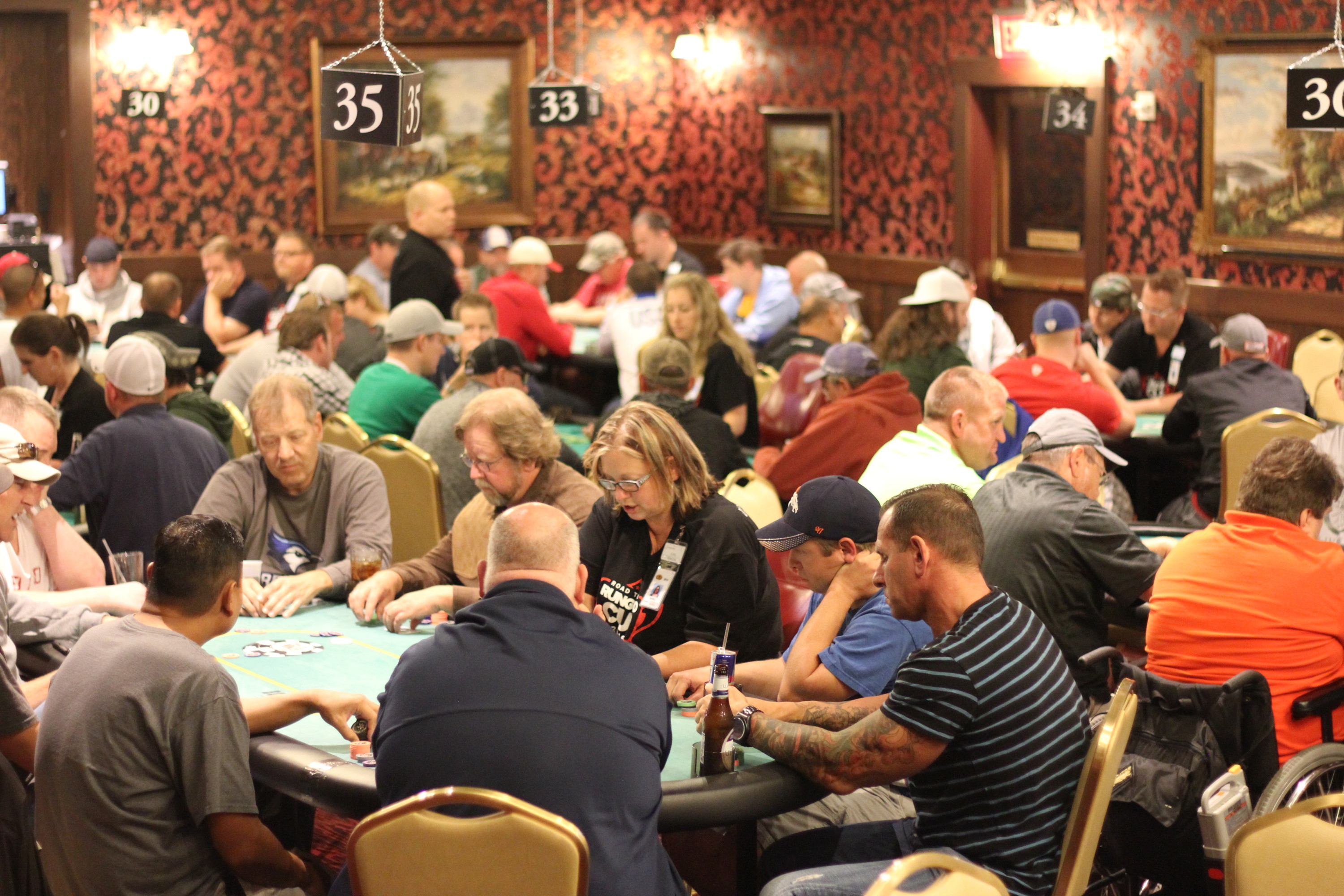Zeebo Theorem Poker
Zeebo’s theorem is used to describe the argument that no player is able to fold a full house, no matter what the strength of the full house. In the end, I fell into the trap of the old 'Zeebo's Theorem' from the classic days of TwoPlusTwo, which says that nobody folds a full house. I had a full house, and indeed, a pretty strong full. The Poker Theorems. Name: Fundamental Theorem of Poker Reliability: 10/10 Overview: Pretty much the ultimate theorem for poker players, put forward by David Sklansky in the book 'The Theory of Poker'. Basically, if you can play poker as closely to the way you would play if you could see everyone else's cards, you will win money. That was one expensive and bitter reminder how Zeebo Theorem works as soon as you play poker. Selection & Aggression - These end up being the important the different parts of basic strategy poker that set apart the winning players to the consistent losers. ZEEbo Theorem is a commonly-accepted principle of NL hold 'em which stipulates that a player will never fold a full house. It was coined on the internet by 2+2 poster CaptZEEbo. ZEEbo Theorem Perhaps Outmoded. David Benefield recently folded a full house to Isaac Baron.
Baluga Theorem
Posted on Apr 08, 2009 by Gugel in Hand Reading and Tells, Poker Theorems
This is the 2nd post of Theorem Week. If you havent done so already, check out Zeebo Theorem. In this post, were going to dive right into the Baluga Theorem.
Simply put, the Baluga Theorem states that you should think twice about whether your one pair hand is good when youre facing a raise (and especially a checkraise) on the turn. Thats not to say that one pair is never good, but a raise/checkraise on the turn from your opponent generally means he has a very good hand and warning bells should start ringing in your head. Hell probably have at least top pair with a good kicker or some kind of combo draw (i.e. pair + draw, flush + straight draw).
Lets look at an example.

Hero (Button) ($100.00)
SB ($100.00)


Preflop: Hero is Button with J♠, K♣
Hero bets $3, SB calls $2
Flop: ($6) J♣, 5♦, 8♥(2 players)
SB checks, Hero bets $5, SB calls $5
Turn: ($16) T♣ (2 players)
SB checks, Hero bets $12, SB raises to $38
We should probably fold here. Our one pair hand is rarely good and even if we are ahead of a draw, there are a lot of very dangerous cards that can come on the river that we would have to fold to. It is unlikely that JQ or worse would play it this way and were putting ourselves in an extremely poor spot if we call.
Counter-Strategy
If your opponent is aware of the Baluga Theorem, raising or checkraising the turn as a bluff can be very profitable.
Reliability
Medium-High: The Baluga Theorem was forged in 6max games, but its still pretty reliable for heads up.

In the next installment, well talk about Clarkmeisters Theorem.
Zeebo Theorem
Posted on Apr 06, 2009 by Gugel in Hand Reading and Tells, Poker Theorems
This week is Theorem Week! Ill be talking about Zeebo Theorem, Baluga Theorem, Clarkmeister Theorem, The Yeti Theorem, Aejones Theorem, and Ansky Theorem.
So lets kick things off with Zeebos Theorem. Simply put, Zeebos Theorem states that no one ever folds a full house. It doesnt matter if you make a 1/2 pot sized bet, a full pot sized bet, or massively overbet. The villain will not fold their full house, even on a very dangerous board.
Zeebo Theorem Poker Games
Lets look at an example
Hero (Button) ($100.00)
SB ($100.00)
Preflop: Hero is Button with J♠, J♣
Hero bets $3, SB calls $2
Flop: ($6) 3♣, 5♦, 3♥(2 players)
SB checks, Hero bets $5, SB calls $5
Turn: ($16) T♠ (2 players)
SB checks, Hero bets $12, SB calls
Zeebo Theorem Poker Game
River: ($40) 3♠ (2 players)
SB checks, Hero bets $80 (All-in), SB calls
Results:
Hero wins $200 with J♠, J♣
Villain mucks 5♥, 6♣
So what are the implications of Zeebos Theorem?
1. If you think the other person holds a full house and you cant beat it, do not bluff. It is extremely unlikely you are going to get your opponent off their hand.
2. Massively overbet if you have a strong full house and you suspect your opponent has a weaker full house. They will call.
Counter-strategy:
Every strategy has a counter-strategy. And every counter-strategy has a counter-counter-strategy. If you know that your opponent knows Zeebos Theorem, you should adjust your strategy accordingly. That translates to folding your weak full houses on dangerous boards to massive overbets. That can also mean bluffing someone off a weak full house with a massive overbet (though this is not recommended).
Finally, unlike some of the theorems well discuss later, Zeebos Theorem is remarkably reliable. You can be reasonably sure it will work against a wide variety of opponents.
Zeebo Theorem Poker Game
Stay tuned for the next post in Theorem Week. Baluga Theorem is up next.